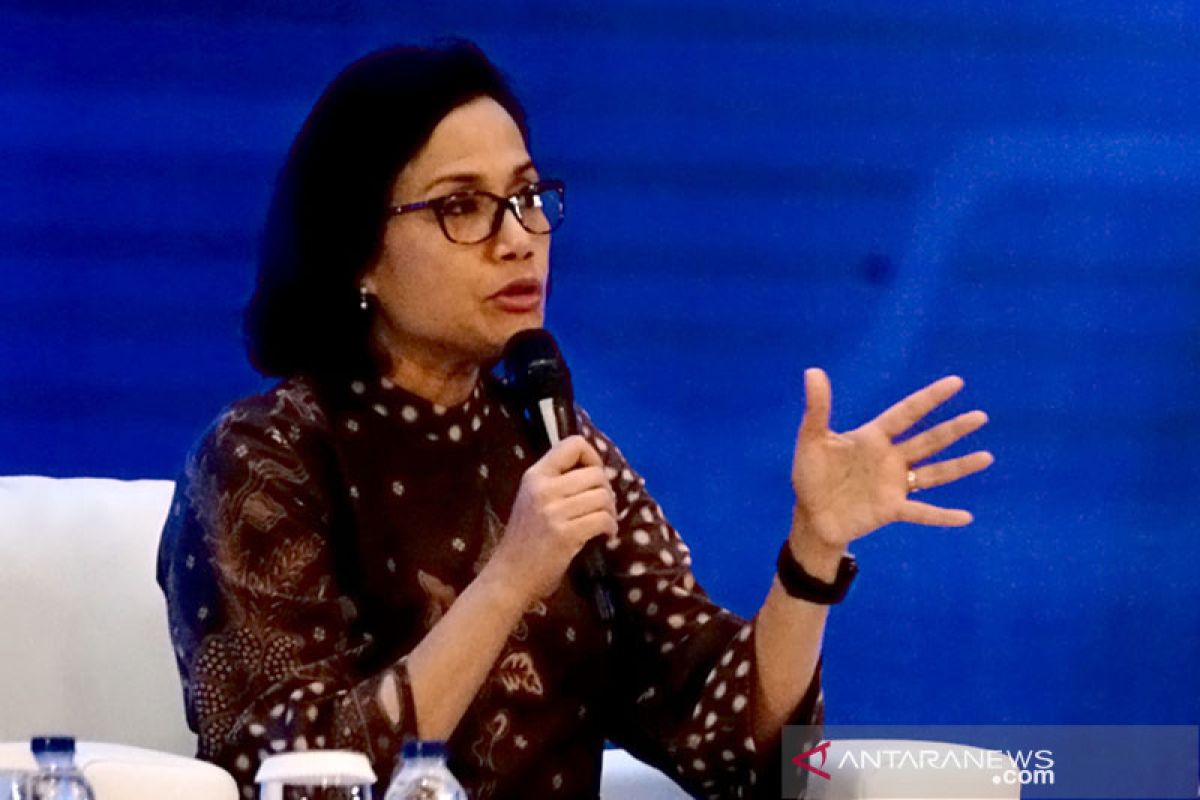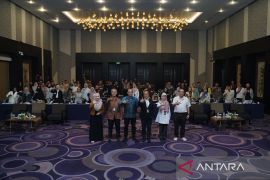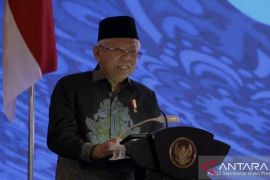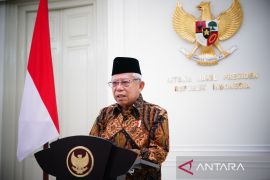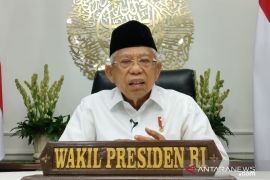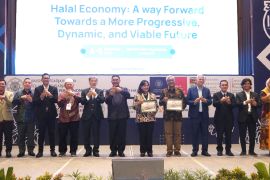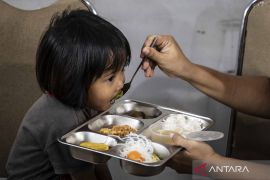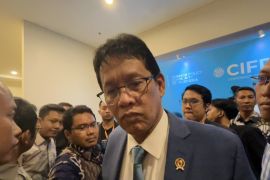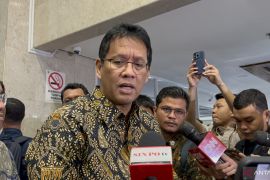This potential must inspire business operators to work on the halal industryJakarta (ANTARA) - Finance Minister Sri Mulyani Indrawati drew attention to the rising role of the sharia economy in Indonesia, thereby necessitating a reliable instrument to proffer benefits to the public.
"We can see that the sharia economy’s role has continued to increase, thereby necessitating to put in place a reliable instrument, and we can develop this," Indrawati stated during a national seminar on sharia economy and finance here on Wednesday.
According to the minister, Indonesia's sharia economy has focused on the four aspects of developing the halal industry, sharia finance, sharia social finance, and sharia entrepreneurship.
The government's support was apparent from the several policies to develop the halal industry, including establishment of the Special Economic Zone (KEK) for the halal industry.
According to the State of Global Islamic Economy Report 2020-2021, Muslim consumers’ expenditure for halal food, beverage, pharmaceuticals, and tourism had reached US$2.02 trillion in 2019.
Indrawati pointed out that Indonesia was the world's biggest market for halal products, particularly in the food, tourism, pharmaceuticals, and cosmetics sectors.
"This potential must inspire business operators to work on the halal industry," she affirmed.
In terms of the sharia financial service, Indonesia has recorded considerable growth in the first quarter of 2020, with the share of sharia finance reaching 9.89 percent of the total national financial services, barring sharia bonds.
The minister drew attention to the government’s unwavering efforts to develop the sharia finance industry, including through the merger of three sharia banks -- Bank Mandiri, BRI, and BNI into Bank Sharia Indonesia (BSI) -- that is expected to reach and serve a wider customer base.
"Development of the sharia finance industry should lay emphasis on the elements of honesty, reliability, good management, and trust," Indrawati noted.
Speaking in connection with the sharia social finance, the minister noted that the government had encouraged the collection of alms (zakat), infaq, and endowment.
Zakat collection in 2019 has reached Rp10.2 trillion, while the Religious Affairs Ministry had recorded 53,273 hectares of endowment land and Rp819 billion of endowment funds in 2020. Related news: Minister believes sharia economy and finance to facilitate recovery
Related news: Low public literacy poses challenge to Islamic economic development
Close
EDITED BY INE
Translator: Astrid F Habibah, Sri Haryati
Editor: Fardah Assegaf
Copyright © ANTARA 2021
